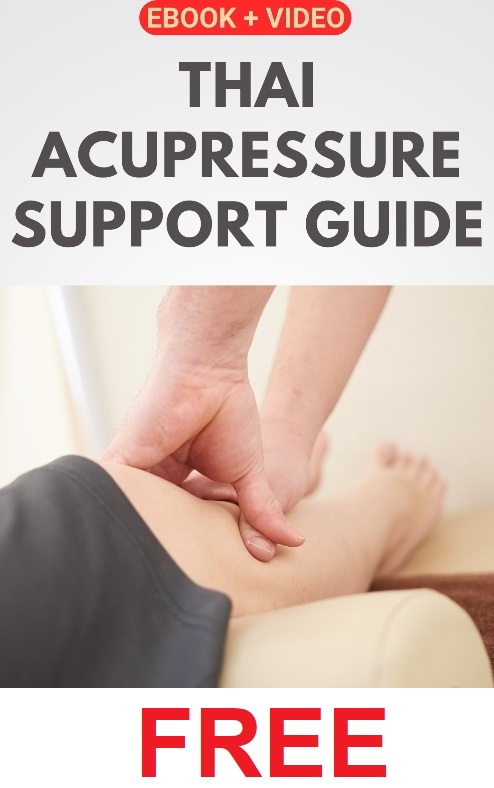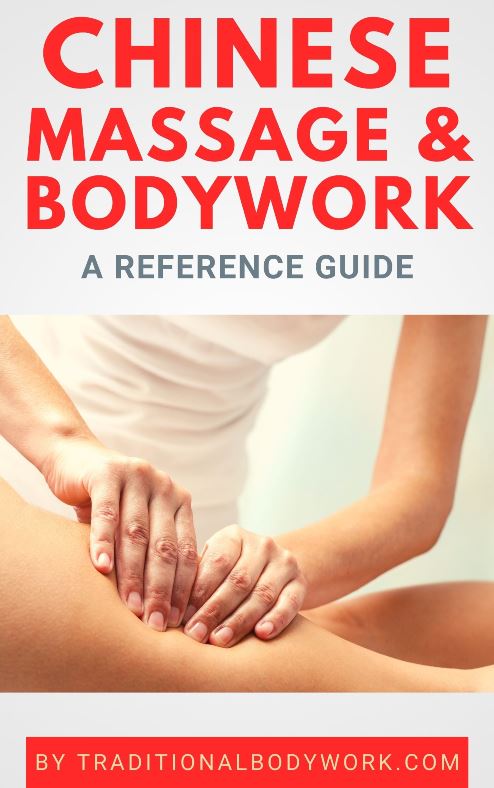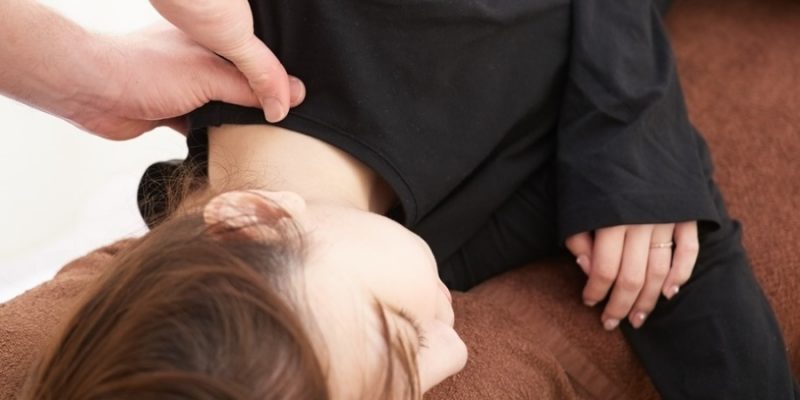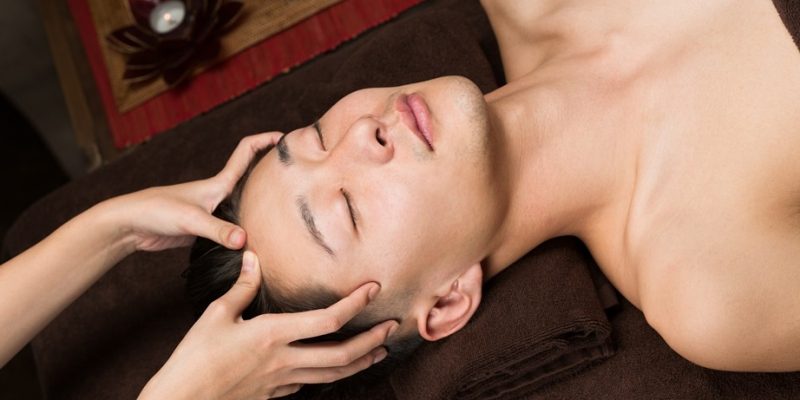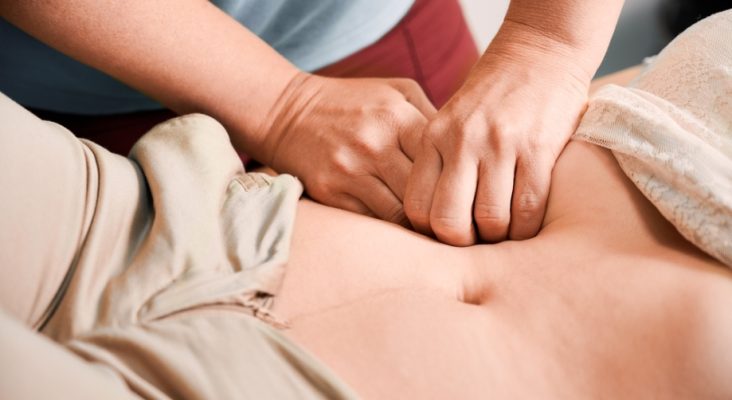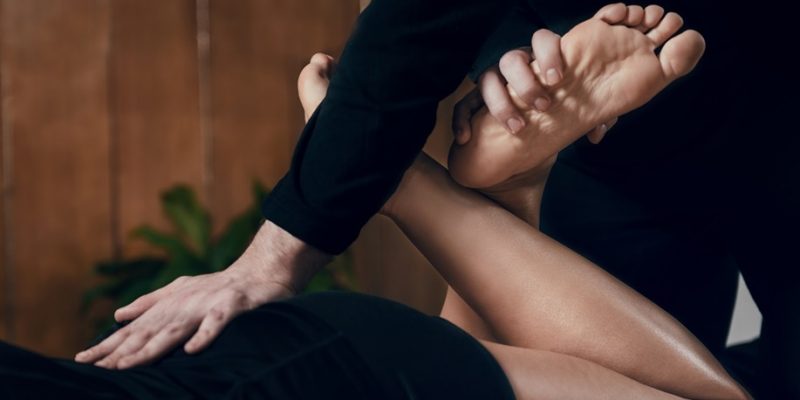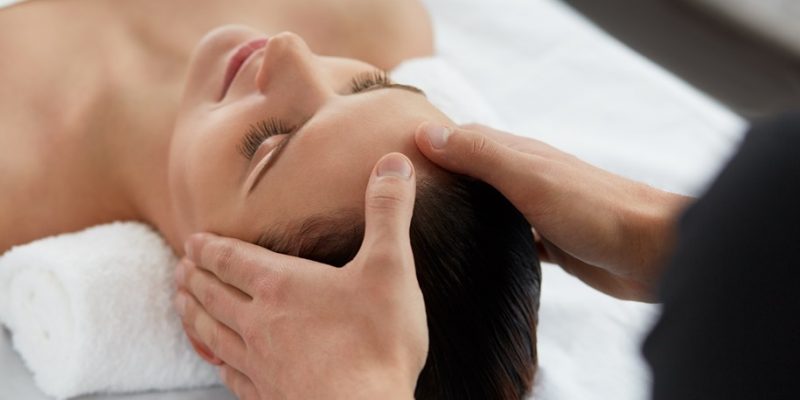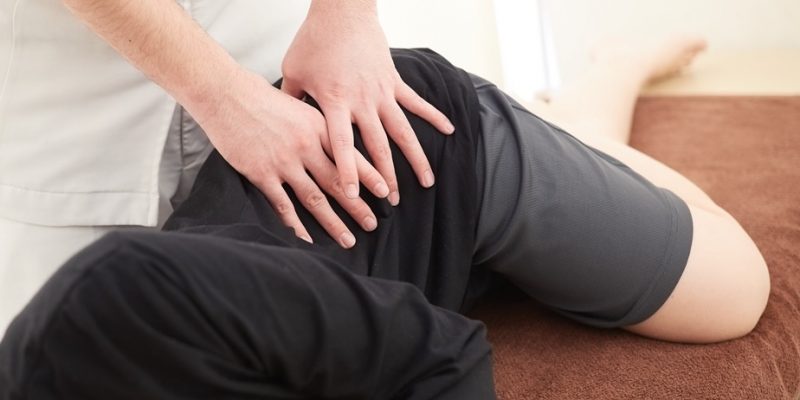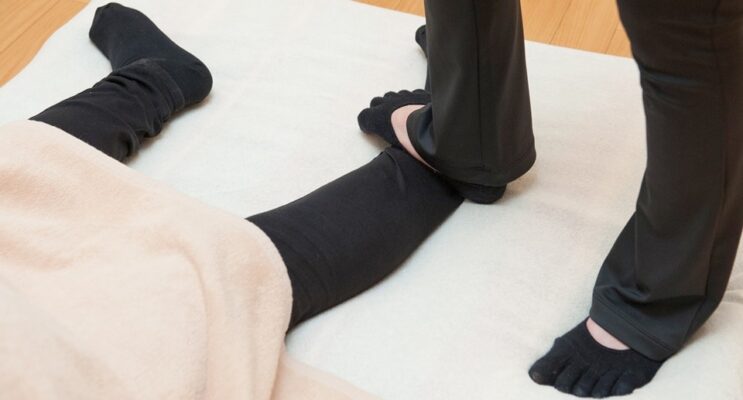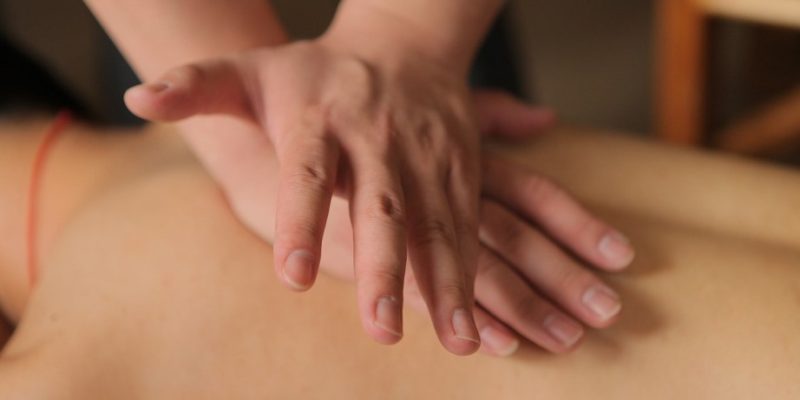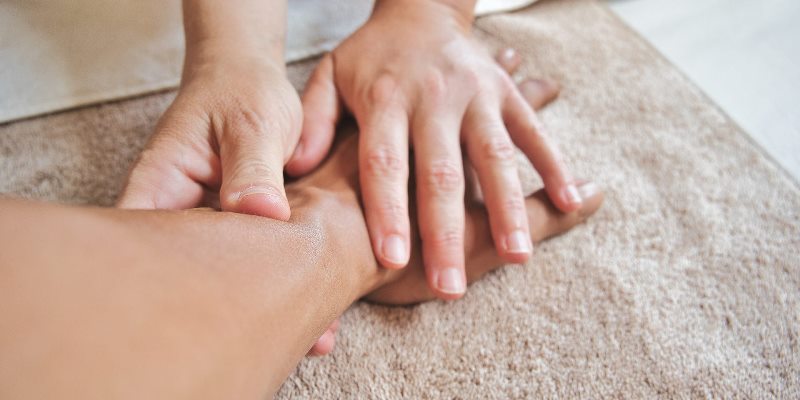
Although Mr. Tamai Tempaku (aka Tenpeki Tamai or Kazuma Fukunaga) is credited to first have used the term “Shiatsu” is his book Shiatsu Ho (Shiatsu-Ho, Shiatsuhō, or “finger pressure method”) in 1939 (some claim it was in 1919, but the only real proof to date in print of this book is 1939), it’s Mr. Tokujiro Namikoshi (1905 – 2000) who’s usually named as being the “inventor” of modern Shiatsu Therapy.
Depending on the sources, it’s sometimes mentioned that — at some point in time — Namikoshi had been a student of Tempaku, but other sources claim that Namikoshi’s work was of a totally independent nature.

However, in the early 20th century, many massage practitioners in Japan were already occupied with some form of modern Shiatsu, a movement that starting to combine traditional knowledge of Anma Massage, Ampuku Hara Abdominal Massage, and Do-In (Tao Yin) exercises with Western based anatomy and physiology, creating a new type of massage and bodywork.
It’s important to realize that it’s not totally clear who contributed what and when to modern Shiatsu Therapy, and the historical narrative of Shiatsu is not always consistent or unambiguously transparent. For instance, some sources mention Tokujiro Namikoshi as the actual founder of Shiatsu, other say it was Tamai Tempaku, and again others claim that it was a simultaneous development carried out by a range of Japanese therapists who influenced each other mutually.
Another example of an anomaly in the narrative is that there was already a Shiatsu Therapists Association in 1925 in Japan (before Namikoshi established his clinics and associations), which had as its purpose distancing Shiatsu from Anma Massage. Actually, there are many more of these types of examples that sketch a confusing picture.
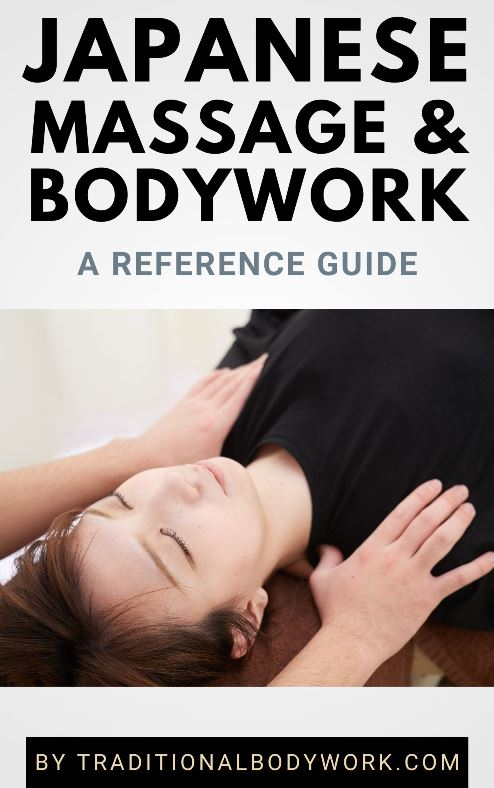
In any case, Tokujiro Namikoshi, who developed his own style of Shiatsu Ryoho (ryoho can mean “method” or “therapy”), is said to have founded the first pressure therapy clinic in 1929 (some say in 1925) at Hokkaido, followed by the establishment of his Shiatsu College in the 1940s, and the Japan Shiatsu Association in 1947.
It’s generally acknowledged that it was due to Namikoshi’s efforts and style of Shiatsu that the treatment first got state recognition in Japan (during the period 1955 – 1964) as an independent therapeutic bodywork modality, and as such — becoming the official Shiatsu of Japan. Namikoshi gradually took Shiatsu even farther away from Oriental healing concepts, and increasingly Westernized it with modern physiological and neurological concepts.
Learning Namikoshi’s Shiatsu requires an extensive knowledge of the musculo-skeletal structure and the nervous system. It’s strongly based on Western anatomy and physiology, and uses pressure (applied with the palms, thumbs and fingers) on specific points (acupoints) to affect the nervous system, the internal organs, and the body’s intrinsic healing capacity.
Techniques include acupressure performed on Namikoshi’s system of lines and points, stretches, holds, and other techniques, but avoid referring to the oriental TCM Meridian Energy Lines theory, Qi (Ki) Life Energy concepts, or Yin-Yang theory.

